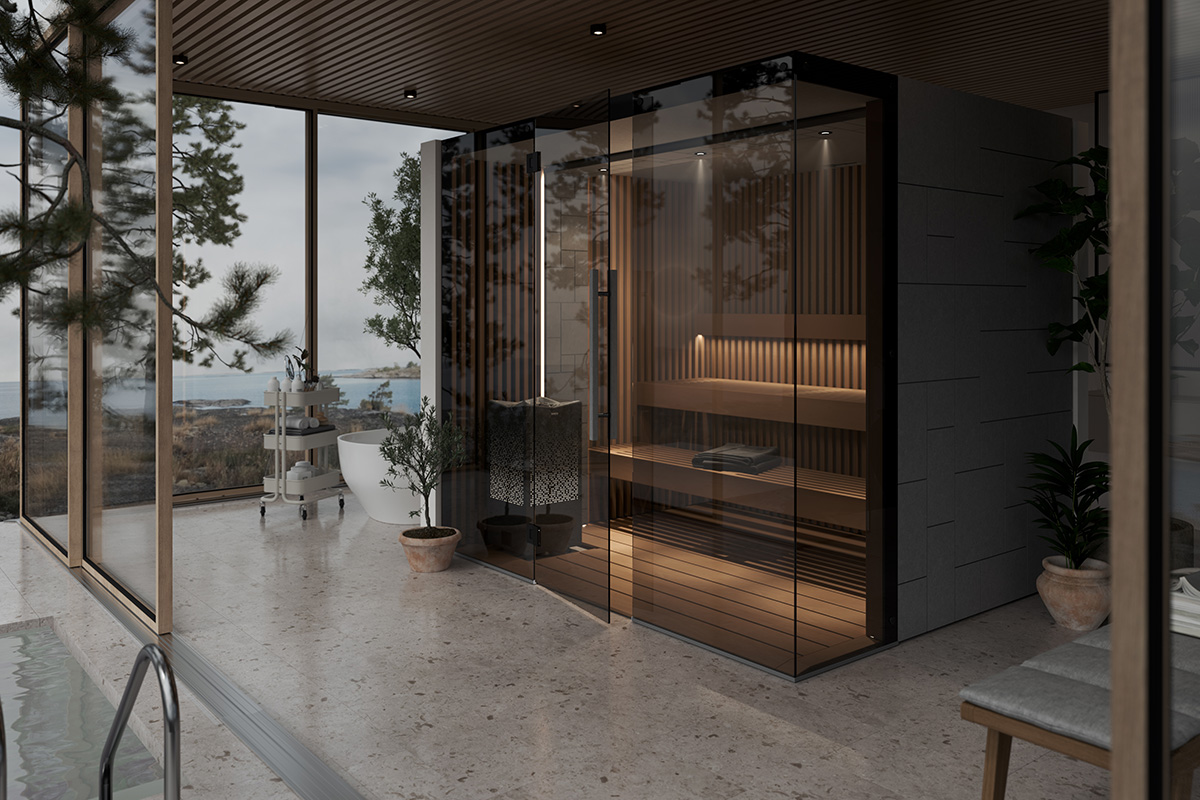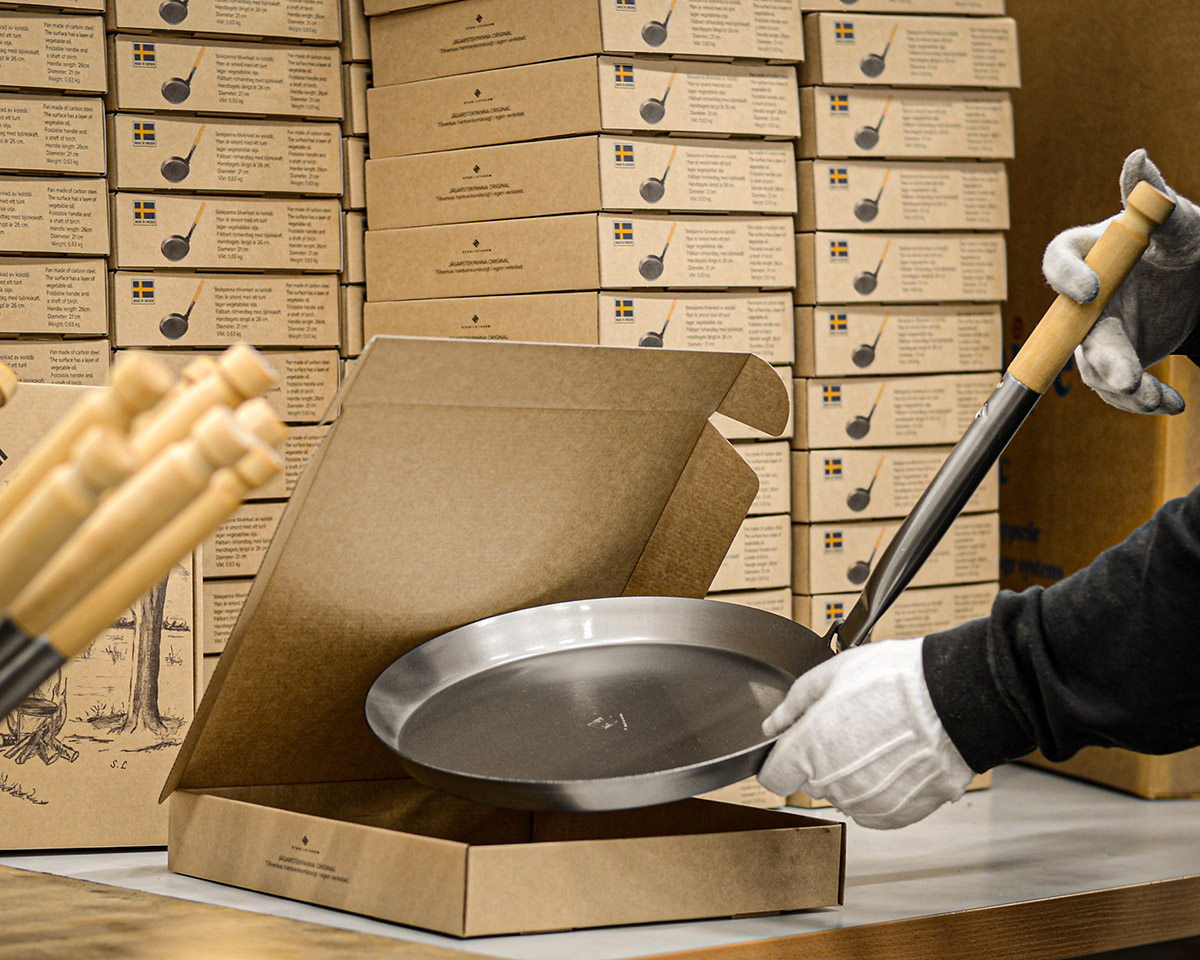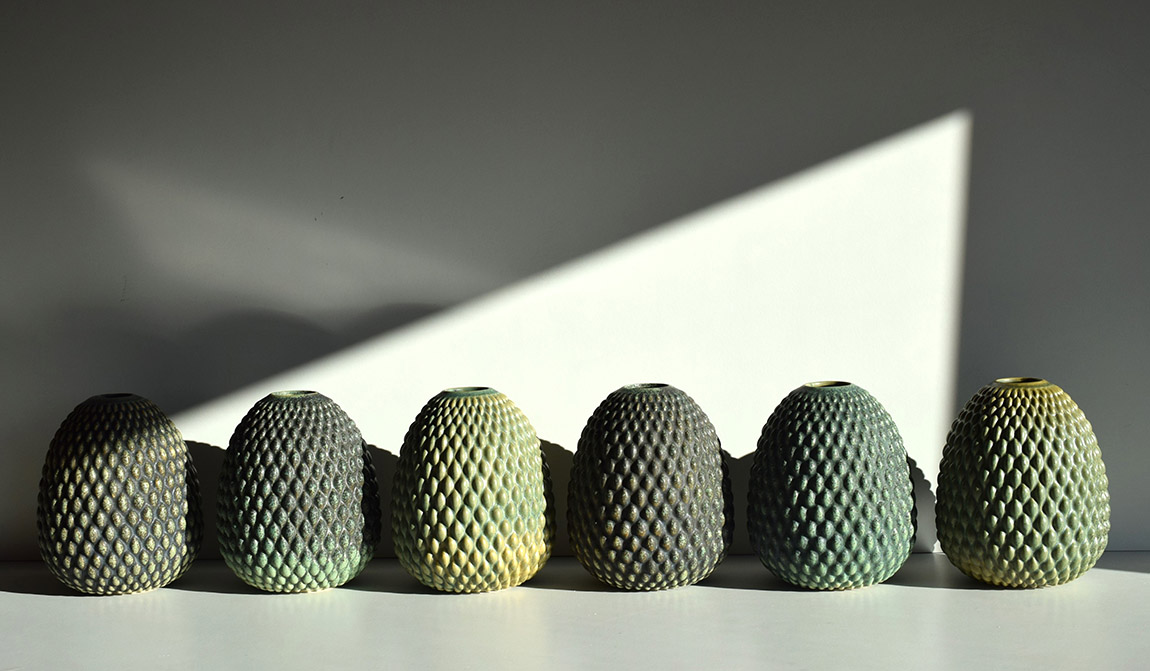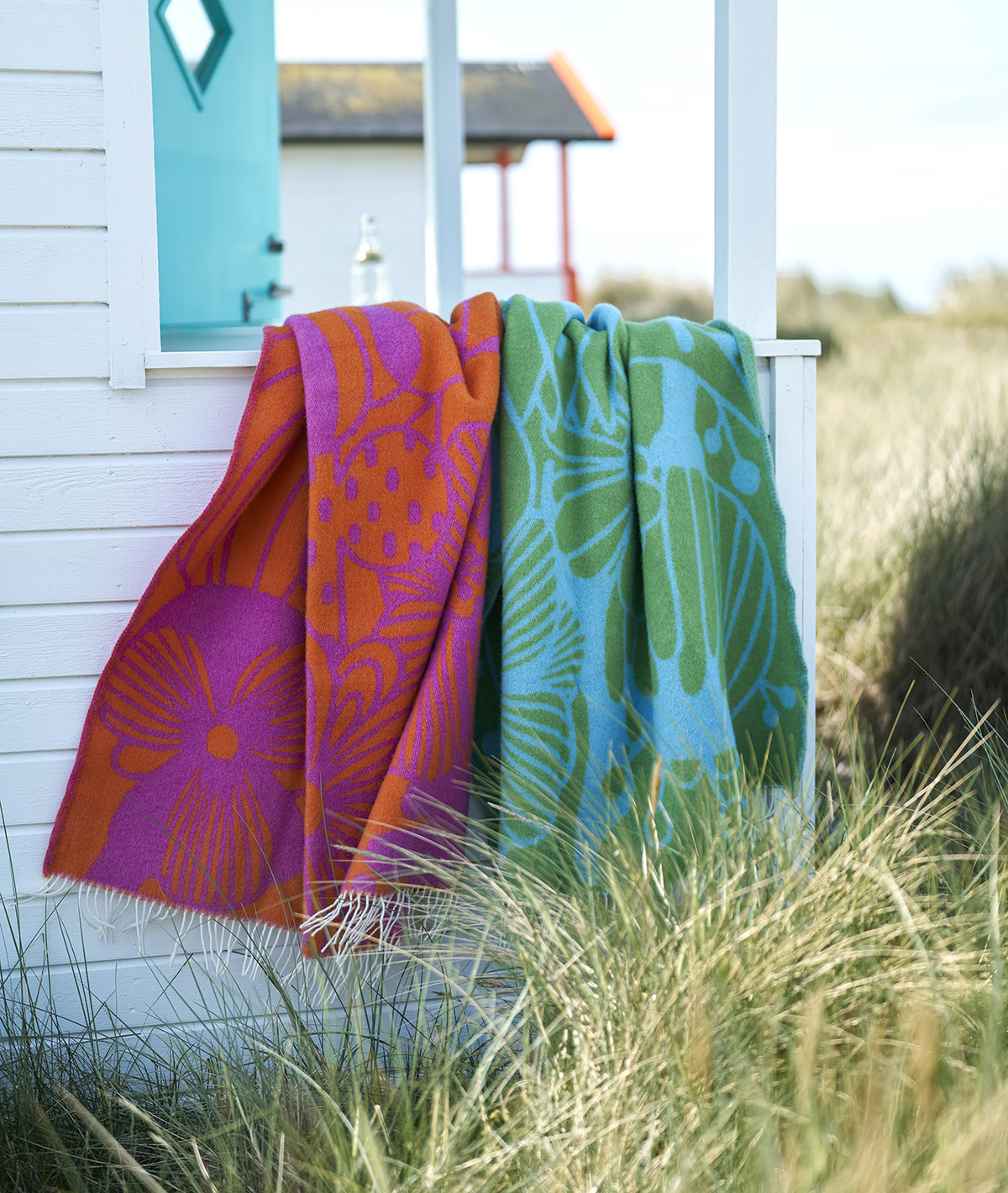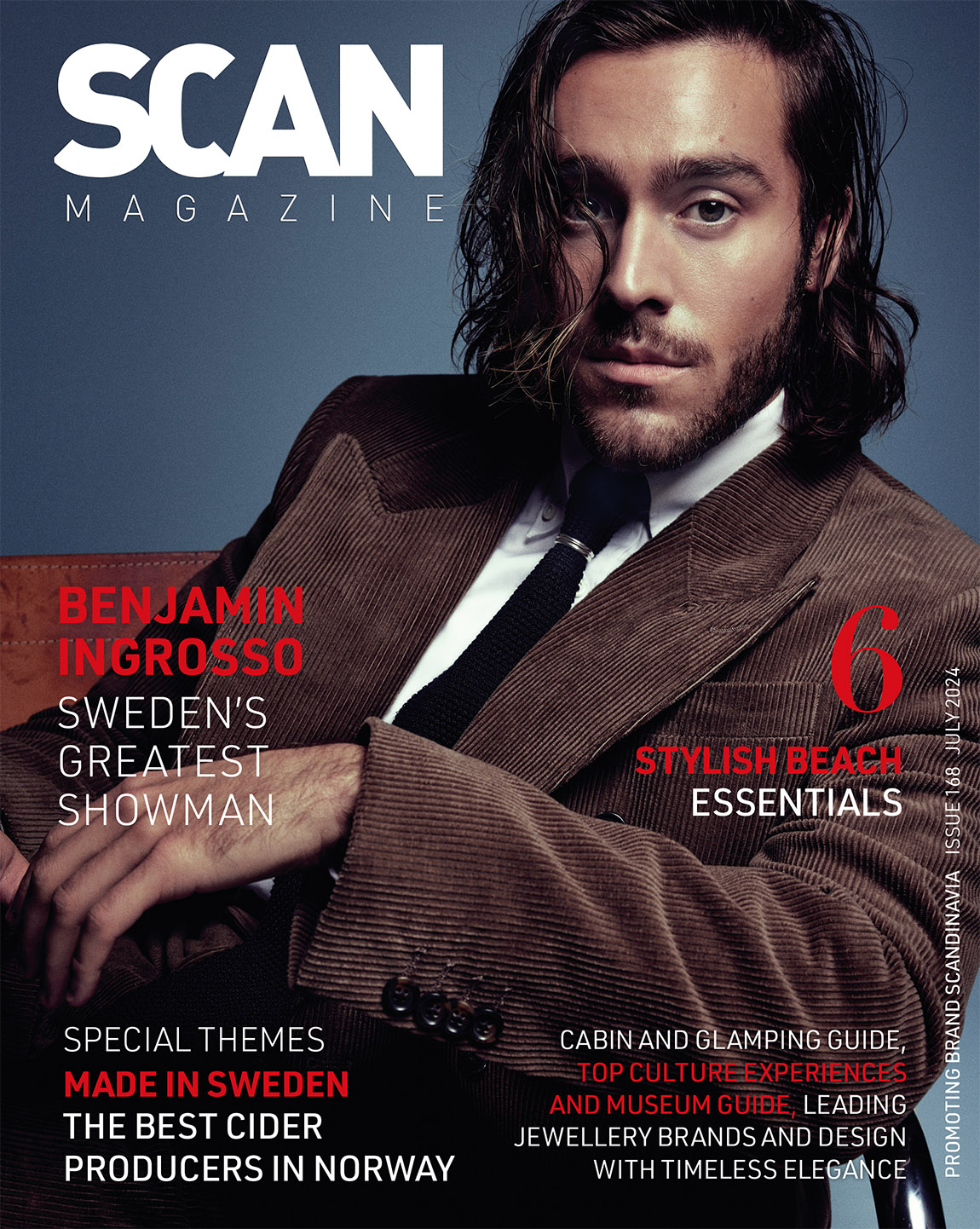Icelandic Eider is a long saga and it’s ducking warm
By Philip Denvir | Photos: Icelandic Eider
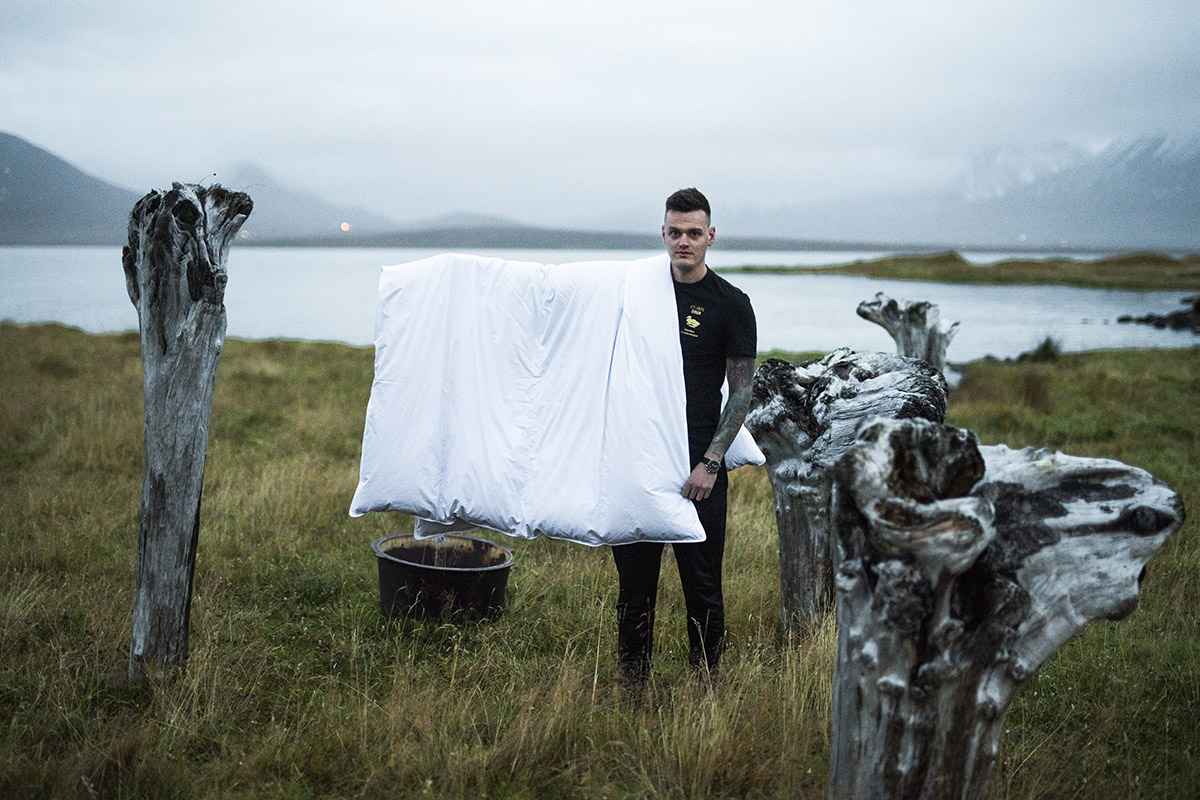
Vikings used eiderdown for insulation when they settled in Iceland in 874 CE, and the methods have changed little since
Iceland is known for its people’s dry sense of humour, incredible nature and for having the oldest parliament in Europe. However, eiderdown has been overlooked. Now, a reincarnated Icelandic family busness is launching a new range of products, and they are “ducking warm”.
Árni Örvarsson took over the family eider duck sanctuary and eiderdown business five years ago and hasn’t looked back. “The business is built on an 80-year family history with eiderdown. Today, we are expanding the business beyond duvets and pillows. These are classic Icelandic products, but we have more to offer,” explains Árni.
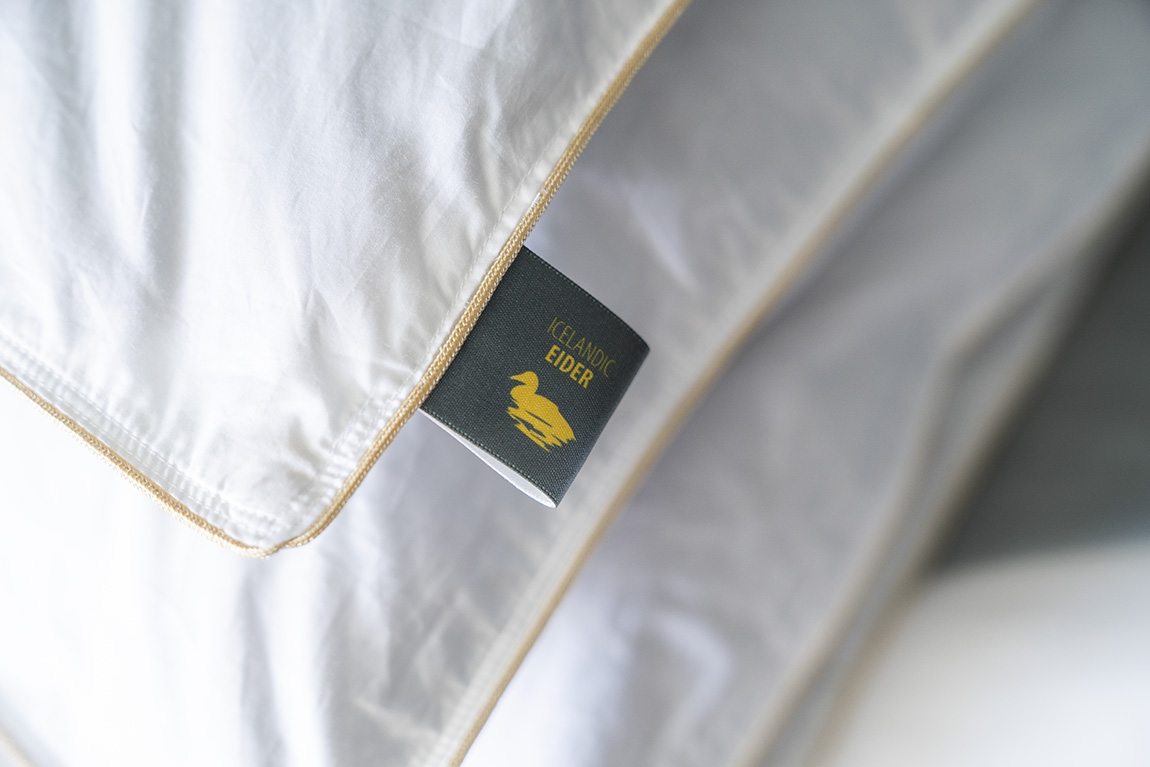
Made in Iceland.
Trolls and ducks
Located 400 kilometres from Iceland’s capital of Reykjavik, in Hraun in the Fljót Valley on the Troll Peninsula, the picturesque family land is ideally located for a sanctuary. It’s one of the larger eider sanctuaries in Iceland, home to around 3,500 nesting eider ducks.
Eiderdown has been gathered in Hraun since 1860, but its heritage goes much further back. When the Vikings settled Iceland in 874 CE, they used eiderdown to insulate clothing and bedding against the unforgiving climate. The efficacy of their method was such that it has changed little since. “Eiderdown is not commonly known, but it should be. We have 75 per cent of the world’s resources here in Iceland. At our habitat we do everything from ‘nest to vest’ by hand, “ explains Árni.
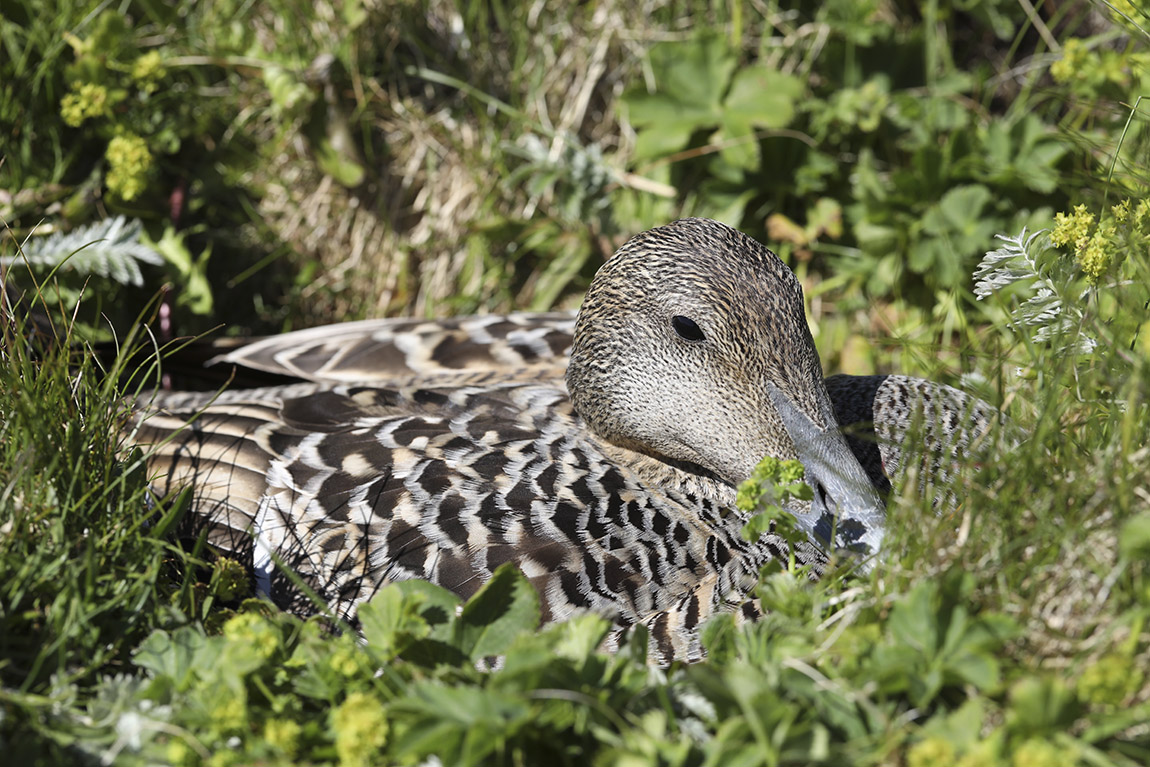
An eider duck.
Ducking Warm
The spin-off company, with the tongue-in-cheek name Ducking Warm, is set to launch a range of new garments later this year. The first jackets will debut in November at the Outdoor Wear Show in Salt Lake City, Utah, while other garments including vests, parkers and ski-shells are in the works.
Árni says: “This is a luxury product because there is not much eiderdown in the world. Iceland has about 75 per cent of the global yield. Icelandic eiderdown is not only sustainable, but also ecological, as we allow the ducks to be ducks.”
Eider ducks are non-migratory and are uniquely adapted to the hostile climate of northern Iceland. Because of this, their inner ‘eiderdown’ feathers are supremely warm. “The ducks will start to nest at the end of April or beginning of June. Hormonal changes before nesting causes their body temperatures to rise by about 1-2 degrees centigrade. This causes them to moult their down, creating a brood patch in which their bodywarmth is easily transferred to the eggs. The eiderdown is so insulating that it doesn’t allow their body warmth to escape so they need to moult it. This is what distinguishes eiderdown from anything else on the planet. Hence, our eiderdown is a by-product of the natural process,” explains Árni.
The santurary employs modern technology, including drones, to safeguard the wellbeing of their ducks from such natural predators as arctic foxes, seagulls and ravens. “I am like a mafia boss. I protect the ducks and ducklings and they pay me in down,” quips Árni.
When the first ducklings leave the nest it is time to start collecting the down as all chicks leave the nests almost at the same time. “It is miraculous to watch the ducklings leave. We gently lift the adults off their nest and gather the down. It is a very respectful bond between humans and wild birds,” he expalins.
This level of care is confirmed by research from the University of Iceland. “Following Icelandic tradition, for generations we’ve taken care of wild eider ducks in our sanctuary. We build protective nesting spots and the wild ducks naturally come to roost, protected from the harsh Icelandic weather. We protect them during their nesting period, ward off predators and, when their nesting cycle is over, they fly away, returning again the next year. We gently harvest the leftover fluff from their nests by hand, process it in our barns, then hand-sew our own brand of duvets to order,” says Árni.
The down is dried and initially cleaned using ‘lava water’ from geothermal and hydropower. This represents 100 per cent of Iceland’s power. The eiderdown is then gently machine cleaned using multiple, handmade machines, before a final hand-clean. Behind each single kilogram of eiderdown are around 65 man hours.
A sanctuary, not a production line
“We operate a sanctuary, not a production line. Our product is the lightest and most insulating product in nature. Icelandic Eiderdown is naturally hydrophobic, hypoallergenic and without chemicals,” says Árni. “These days, many people want to keep improving on things, but often nature got there first. In the outdoor industry, there is a lot of talk about sustainability that doesn’t always translate to real-world results. Our product uses proven traditional methods that are truly sustainable and only give back to the environment,” says Árni.
The brand’s products are ethical and wonderfully soft.“Our brand is luxurious because it is environmentally positive, handmade and pure. We’re experts in eiderdown: for more than 80 years, our family has made bespoke Icelandic eiderdown duvets, which are often referred to as the Rolls Royce of duvets. We’ve supplied them to royalty,” he continues. “We’re calling our new brand Ducking Warm because once people try it on, that’s what they say!”
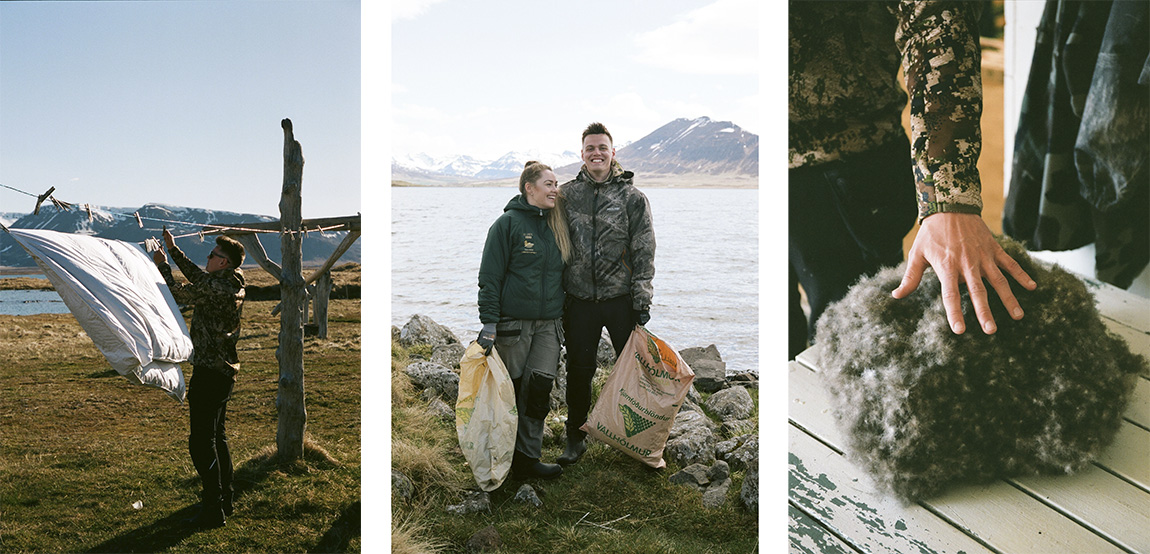
Left: The family business is launching a new range of products and they are “ducking warm”. Right: Newly collected eiderdown.
Web: www.duckingwarm.com
www.icelandiceider.com
Instagram: @icelandiceider
Contact: arni@icelandiceider.com
Subscribe to Our Newsletter
Receive our monthly newsletter by email

